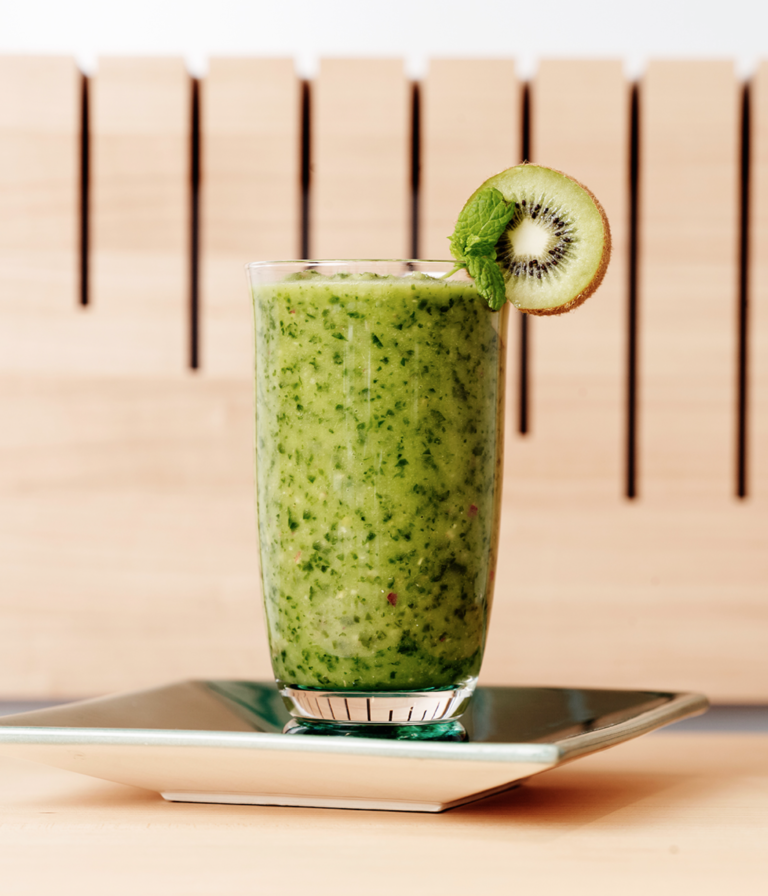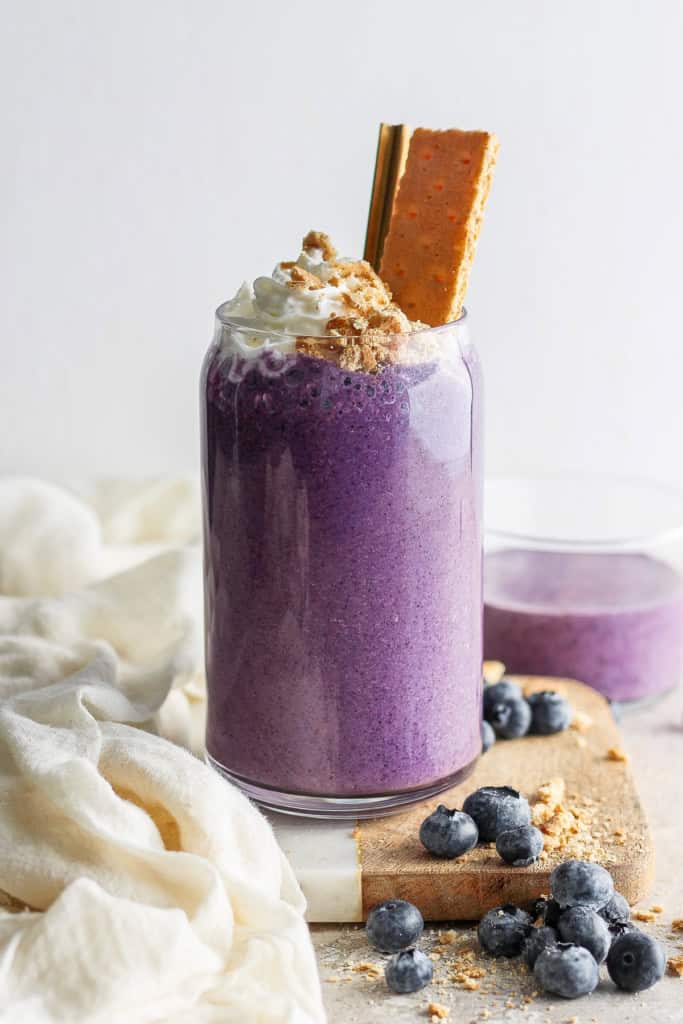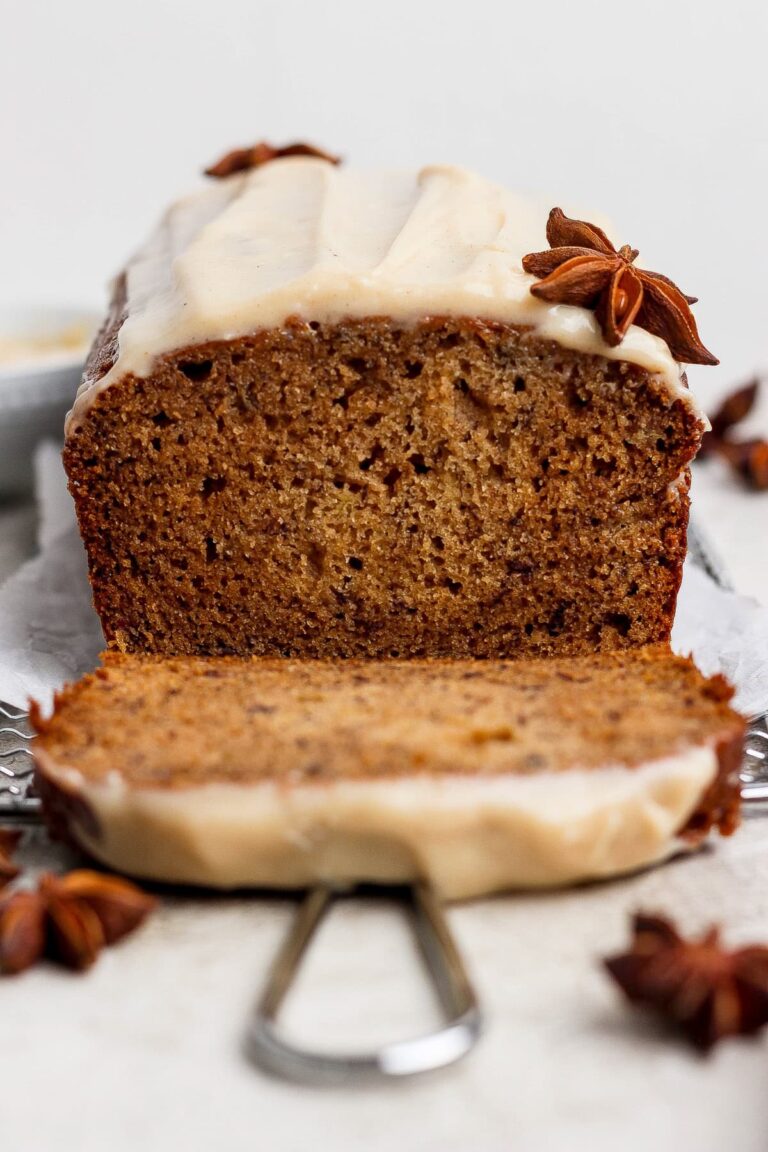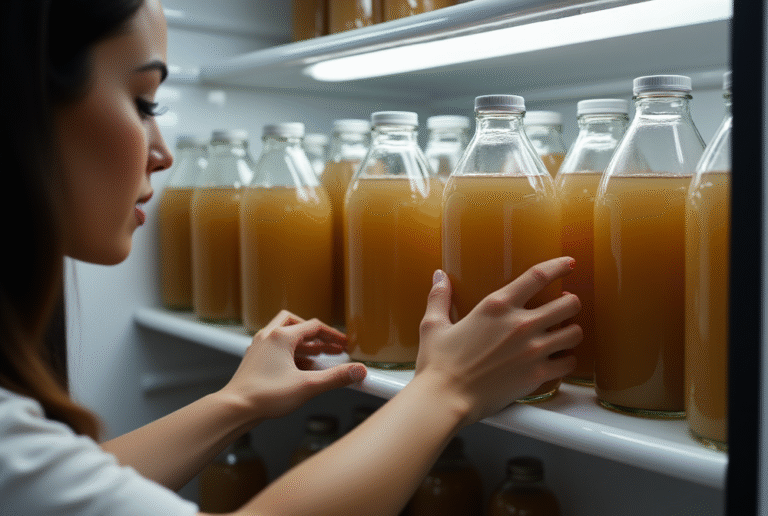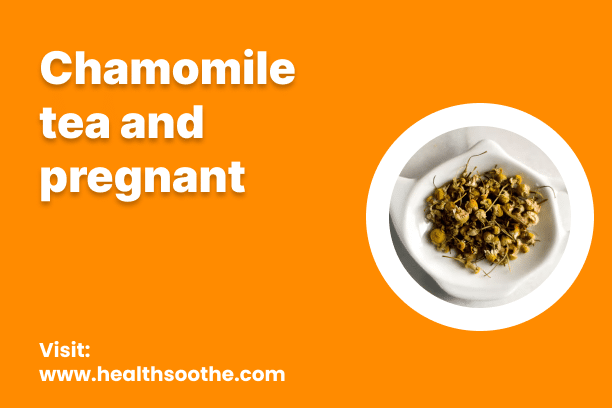
Drinking chamomile tea before bedtime might help you unwind, yet there are concerns that it could potentially stimulate your uterus or cause circulation issues for your baby. Reports indicate higher occurrences of preterm labor and miscarriage as well. It’s advisable to refrain from consuming large amounts of chamomile tea.
Many medical professionals suggest restricting herbal tea intake during pregnancy due to potential risks, despite the benefits chamomile tea offers.
Advertisement/Sexual content
Perusing the aisles of any grocery store, you’ll encounter various tea options, but not all are safe choices during pregnancy.
Chamomile, classified as an herbal tea, can provide a calming experience when sipped occasionally. Nonetheless, some doctors advocate for limiting herbal tea intake during pregnancy due to associated health benefits and risks.
Is chamomile tea safe to drink during pregnancy?
Two primary types of tea exist: herbal and non-herbal. Non-herbal teas are crafted from tea plant leaves and naturally contain caffeine. Even decaffeinated versions retain some caffeine content.
Pregnant and breastfeeding women are generally advised to minimize or avoid caffeine consumption due to the fetus or infant’s limited ability to metabolize caffeine effectively.
This caution encompasses all sources of caffeine, not solely tea. Foods and beverages such as chocolate, coffee, and soda also contain caffeine. If multiple caffeine sources are consumed daily during pregnancy, overall caffeine intake increases, underscoring the importance of recognizing all caffeine sources.
Among non-herbal teas, black, green, and oolong teas are notable for their high caffeine content.
Opting for green tea may be a favorable choice, but caution should be exercised regarding caffeine intake during pregnancy, maintaining it at a moderate level.
What is herbal tea?
Herbal teas are crafted from different plant components, including roots, berries, and seeds, and are naturally devoid of caffeine. To ascertain the caffeine content of any tea, it’s advisable to examine the label, especially for teas whose caffeine content isn’t clear.
However, not all herbal teas are deemed safe for pregnant women according to the U.S. Food and Drug Administration (FDA). Primarily, this caution stems from the specific herbs utilized and the limited number of studies conducted by the FDA involving pregnant women.
What are the benefits of drinking chamomile tea?
Chamomile tea, resembling and being botanically related to daisies, encompasses varieties such as German and Roman chamomile, with German chamomile being the more commonly used type. Its historical use dates back to ancient Egypt.
For most individuals, indulging in chamomile tea offers various health advantages, including the intake of antioxidants, aid in sleep, and anti-inflammatory properties. Known for its calming effects, chamomile tea is also reputed to assist in cold prevention and overall illness management, while contributing to hydration.
Nevertheless, caution is advised by many physicians regarding pregnant women’s consumption of herbal teas like chamomile. This caution arises from the limited number of studies conducted to ensure the safety of such teas during pregnancy.
Pros and Cons of chamomile
Pros:
- Calming Properties
- Digestive Aid
- Anti-Inflammatory Benefits
- Improved Sleep
Cons:
- Allergic Reactions
- Pregnancy Concerns
- Interactions with Medications
- Risk of Contamination
Differences Between chamomile and Tramadol
Chamomile:
Chamomile is primarily used for its potential health benefits, including its anti-inflammatory, anti-anxiety, and digestive properties. It is commonly used as a natural remedy for conditions such as anxiety, insomnia, indigestion, and skin irritation.
Tramadol:
Tramadol is prescribed by healthcare professionals to manage moderate to severe pain, such as pain associated with injuries, surgeries, and chronic conditions like osteoarthritis or fibromyalgia.
Alternative to chamomile
Passionflower:
Passionflower is known for its calming and sedative effects. It can help reduce anxiety, promote relaxation, and improve sleep. Passionflower tea is mild in flavor and has a slightly sweet taste.

